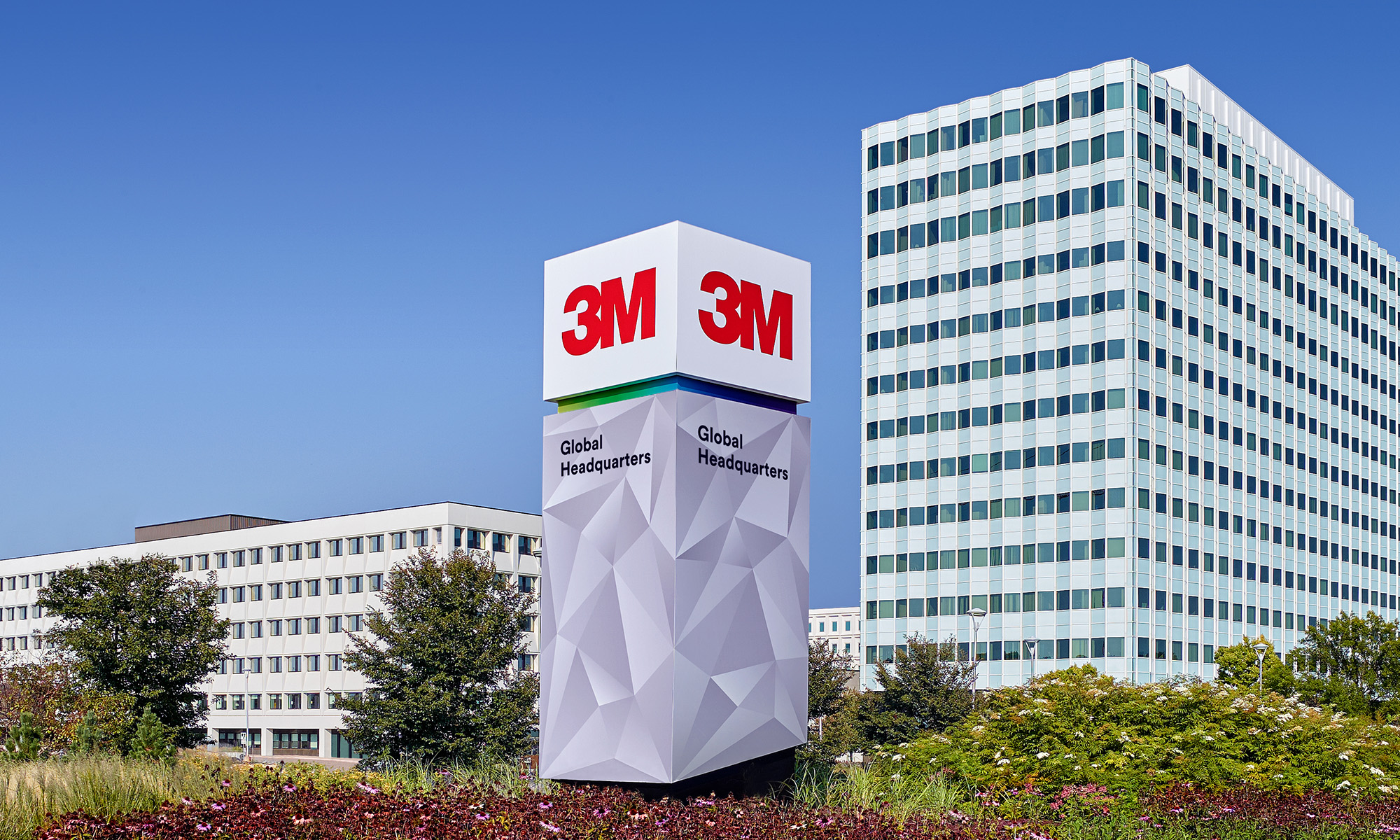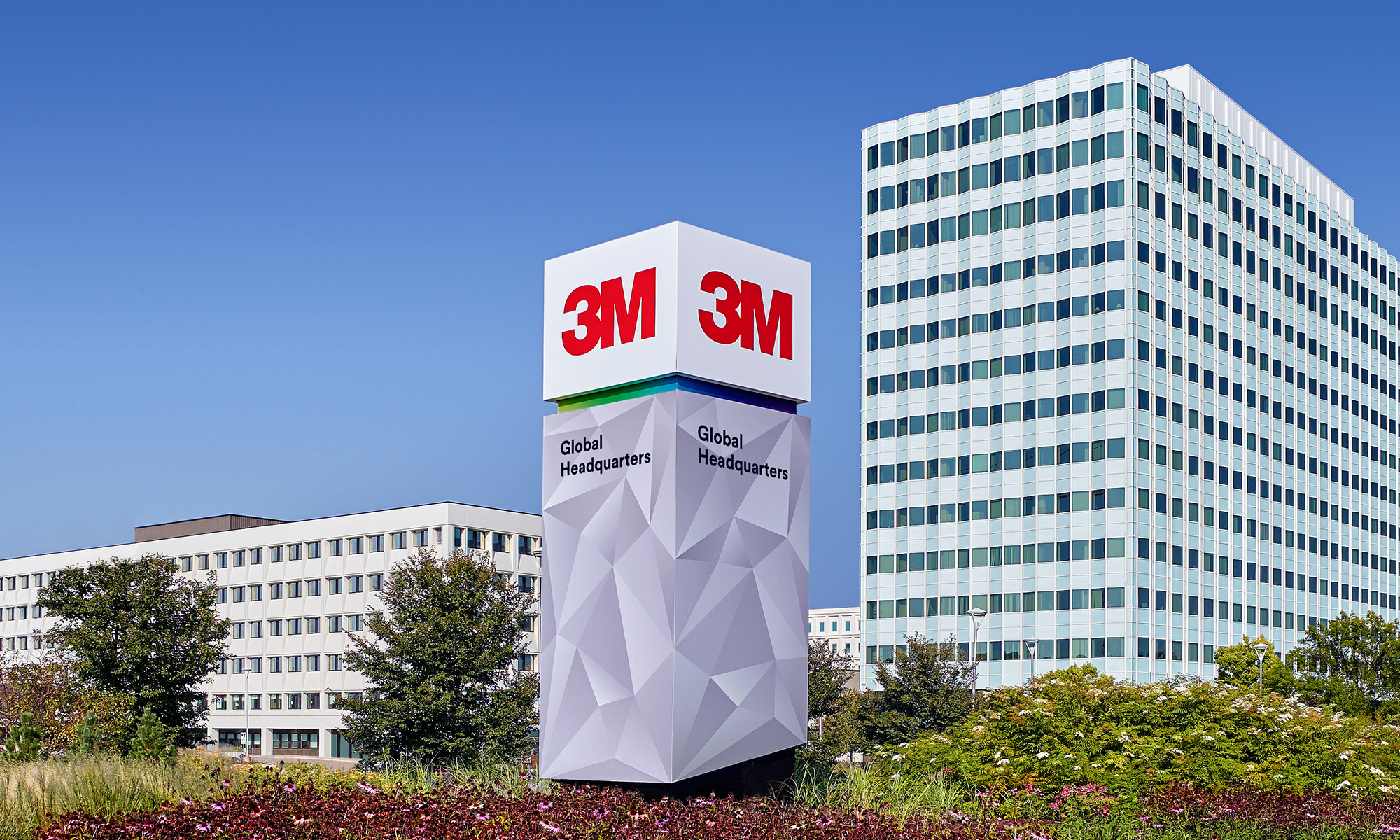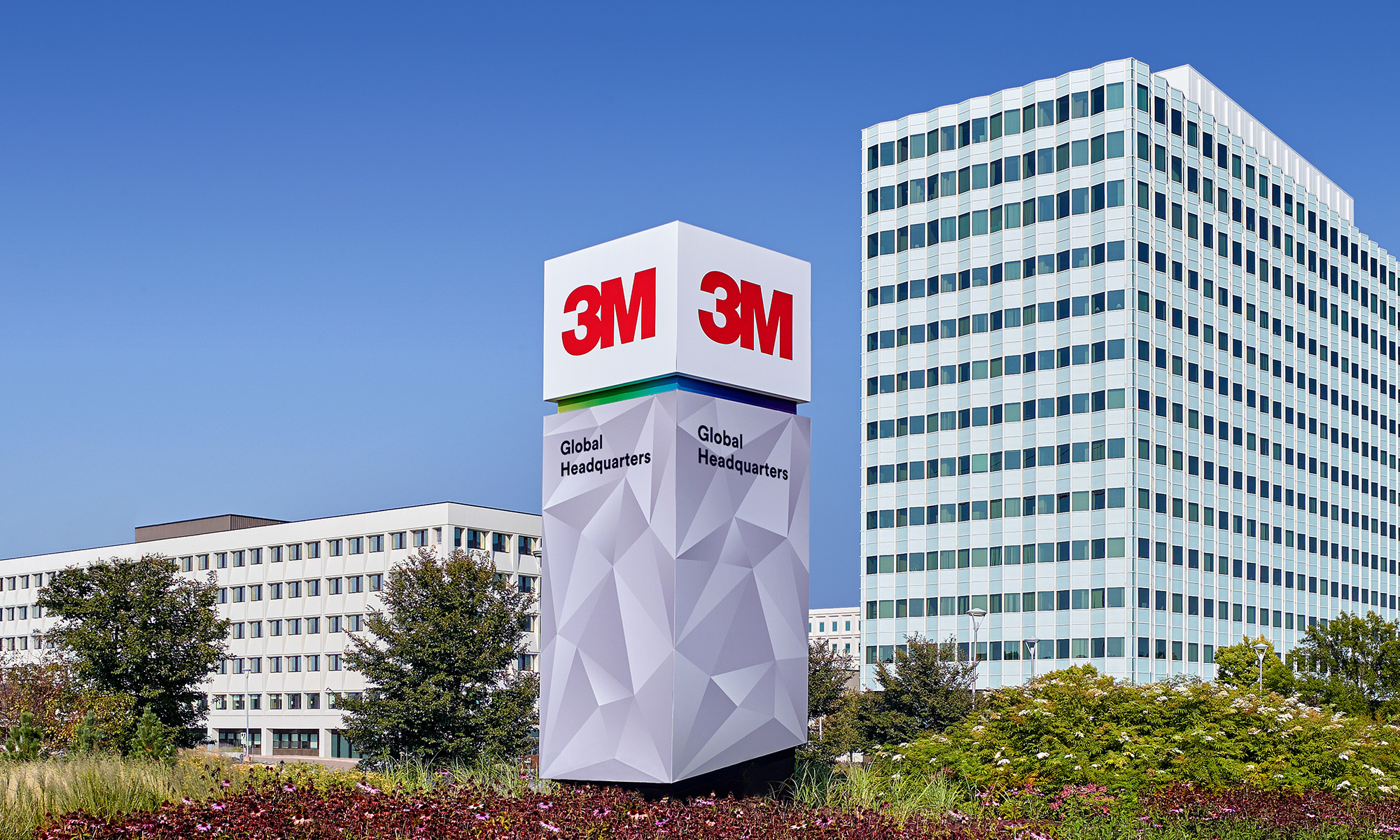In a Wednesday press conference at the White House, President Trump announced he would invoke the Defense Production Act (DPA) to mobilize U.S. industries to produce supplies essential to combating the coronavirus. The 1950 law in part authorizes "the diversion of certain materials and facilities from ordinary use to national defense purposes, when national defense needs cannot otherwise be satisfied in a timely fashion."

President Trump meets with industry leaders on COVID-19 response Image Source: White House
Specifically, it allows the president "(1) to require that [certain] contracts ... shall take priority over ... any other contract, [and] to require acceptance and performance of such contracts," and "(2) to allocate materials, services, and facilities in such manner."
In short, Trump can now use this authority to redirect ordinary U.S. factory output to prioritize items that may be in short supply. This could affect companies like 3M (MMM +0.21%), which makes medical masks, gloves, and respirators; Medtronic (MDT +1.35%), which manufactures ventilators; and Becton, Dickinson & Co. (BDX +2.50%), which makes a wide range of medical products, and is currently working on a coronavirus test.
DPA: a powerful, rarely used tool
The DPA has only been invoked a handful of times in recent years, and never for a medical emergency.
Barack Obama used its authority in 2011 to require telecom companies like AT&T and Verizon to report on the sources of their network hardware and software to combat potential cyber-espionage. Trump himself cited the DPA in a 2017 letter determining that "technology items affecting aerospace structures and fibers, radiation-hardened microelectronics, radiation test and qualification facilities, and satellite components and assemblies are critical to national defense."
The U.S. healthcare system is currently facing potential shortages of critical supplies, including hand sanitizer and N95 surgical masks.










